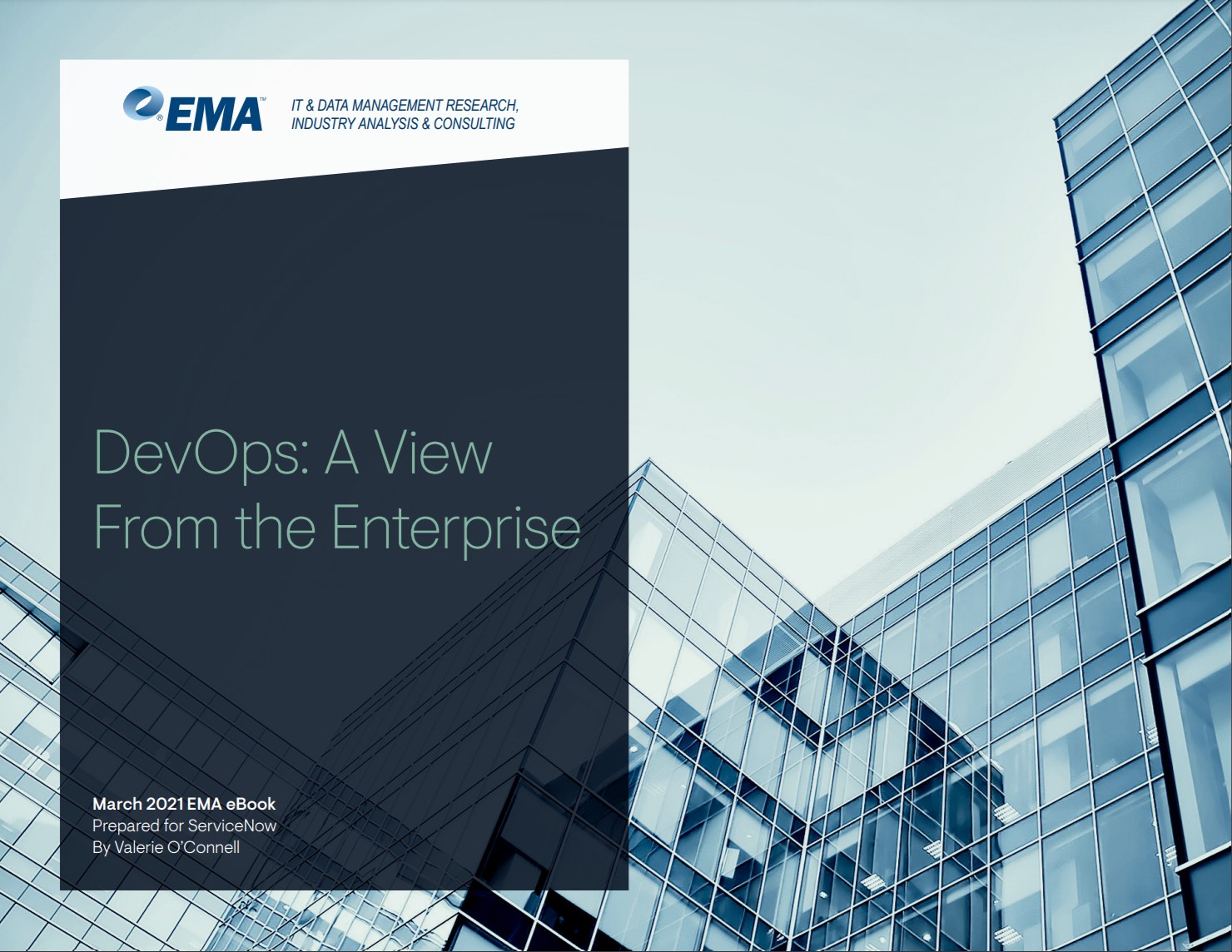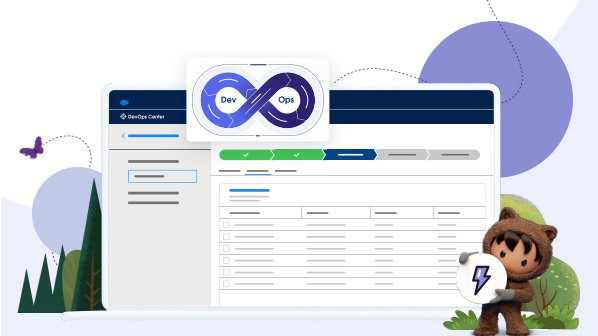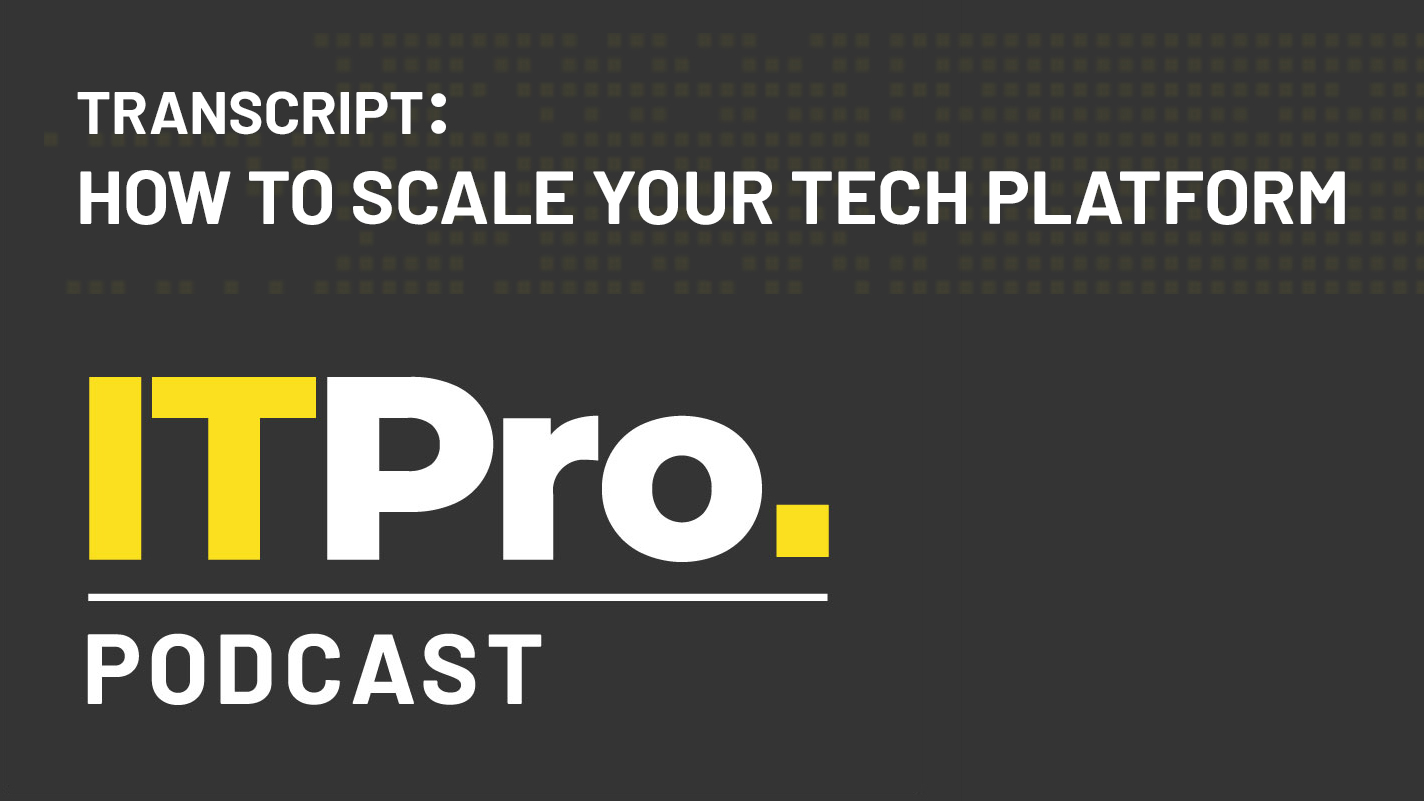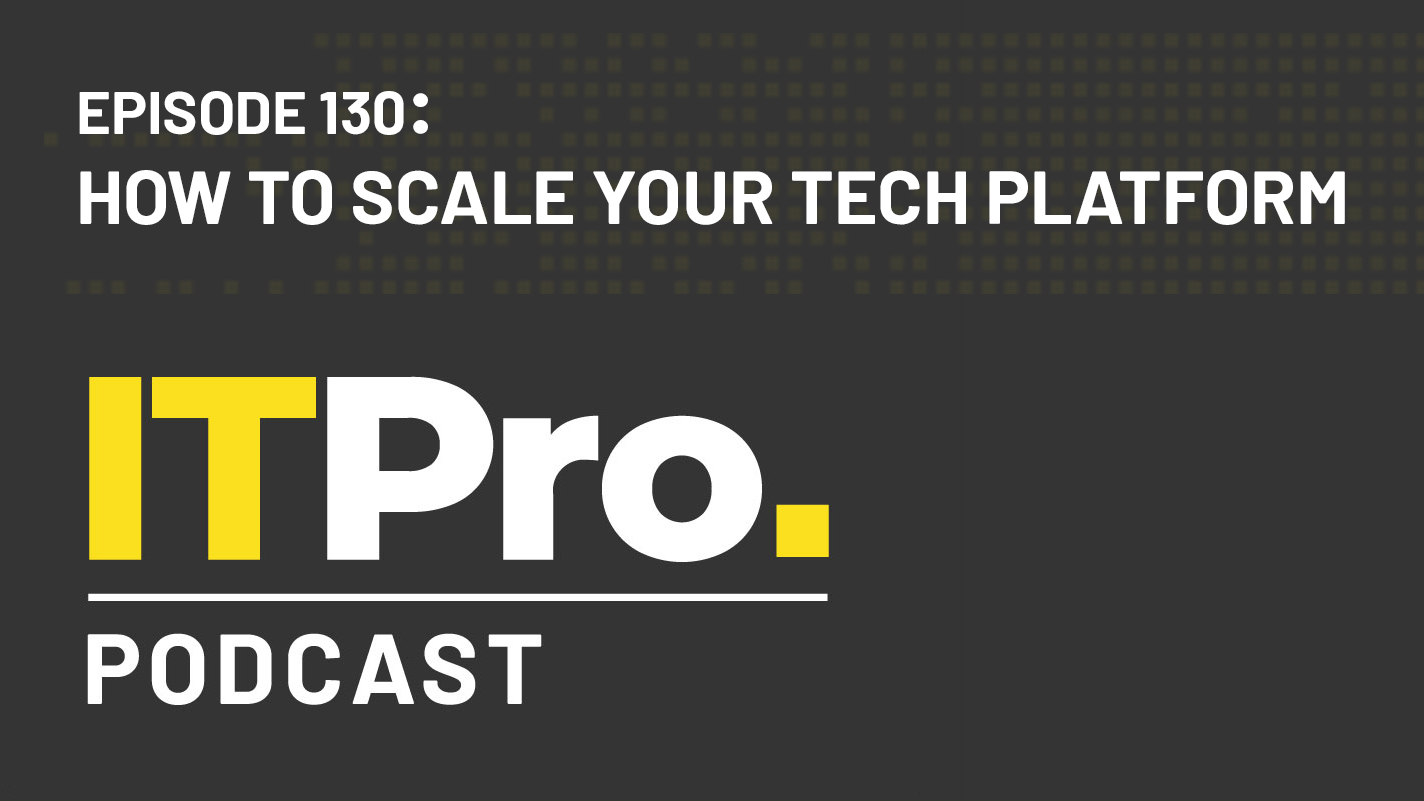The driving forces behind DevOps today and how to integrate it into your business
The influence of DevOps can bring benefits outside of just IT


CIOs face an almost never-ending barrage of requirements from multiple directions – just as one challenge is overcome, another one rears its head. From managing the transition to home working due to the coronavirus pandemic to dealing with fresh customer requirements in the post-COVID age, constant change is now the new normal.
RELATED RESOURCE

DevOps: A view from the enterprise
What's driving DevOps, the impact of value stream management, and more
While digital systems and services can help CIOs and their businesses overcome the problems they face, the rapid pace of technological innovation creates another significant challenge. CIOs who don’t look to continually disrupt their existing business models face being disrupted themselves. So how can tech chiefs deal effectively with the challenges they face?
One answer is DevOps, a set of practices that brings together the resources and requirements of development and IT operations. Analyst firm EMA says that DevOps helps CIOs balance the business demand for software-enabled innovation with the business requirement for IT performance, risk control, and governance.
Such is its potential power as a business strategy that EMA research finds as many as 85% of medium-sized companies and almost 100% of large organisations self-describe as being active in DevOps at varying levels of maturity.
Bola Rotibi, research director of software development at CCS Insight, also recognises DevOps is a growing trend within organisations that are embracing digital technologies while also transforming applications, operational systems, processes, and cultural mindsets.
“DevOps involves the removal of artificial barriers between development and operations teams,” she says. “These barriers are often created because of inflexible processes that create ownership silos. DevOps is about finding a new working relationship that creates benefits for the entire software process.”
DevOps has a close tie to agile software development, which is a set of practices that allows applications to evolve through collaboration between self-organising, cross-functional teams. Like agile, DevOps has a focus on iteration and this becomes manifest through practices such as continuous testing, delivery, deployment and monitoring.
Sign up today and you will receive a free copy of our Future Focus 2025 report - the leading guidance on AI, cybersecurity and other IT challenges as per 700+ senior executives
While agile development represents a radical improvement over traditional waterfall development practices, EMA research suggests DevOps can help businesses go further, playing a crucial role in taking software from ideation to production. DevOps, as such, is the practical working bridge between agile development and increasingly agile operations.
EMA research suggests that some of the key drivers for the implementation of DevOps are speed of software delivery, business agility, reliability of applications, and customer and employee experience. At a time of seemingly constant change in which the future is unclear, DevOps brings increasing certainty – and that’s something that resonates with Rotibi, too.
“Agility and an ability to industrialise output brings considerable value to operating successfully and sustainably in the digital economy. Rigor in execution is a vital discipline proven to deliver reliability and repeatability, thereby underscoring the flexibility of agile organisations served by good DevOps practices,” she says.
Claire Dickson, group CIO at multinational packaging business DS Smith, also recognises the importance of speed to delivery. She says the application of DevOps at her company is all about recognising the power of the team. The aim is to try and push decision making down into the IT organisation and to create a flatter management structure.
Dickson uses Power BI dashboards to check performance targets are being met and then uses the insight she gleans to guide her people. “I do believe that we have to be running a disciplined operational hygiene organisation – that's important, keeping the company safe and secure. But we should be able to do that using data and then lead the organisation with the right behaviours,” she says.
Cynthia Stoddard, CIO at technology giant Adobe, agrees that DevOps and its close partner agile are all about focusing on the qualities of your team. In an ideal world, however, CIOs will be able to extend some of key principles associated with DevOps, such as iteration and continuous delivery, into the wider operational and development ecosystem.
“If you're trying to do DevOps within your development organisation or your product teams, and your business people are still thinking about this one, giant-sized deliverable that they want, then you’re not going to get where you need to be,” she says.
Stoddard’s determination to push some of the principles of DevOps and agile beyond the tight confines of the development team has led her to run training sessions where she’s worked with other employees to get them to be able to change their operating models to think in a more iterative manner.
“That approach can bring the operations and development teams together,” she says. “And that’s both thinking about how you're going to deliver capability, and the capability that you need to deliver, in much more of an agile way. And then you can match all the other back processes that need to deliver and support that strategy.”
RELATED RESOURCE

DevOps: A view from the enterprise
What's driving DevOps, the impact of value stream management, and more
What’s clear is that DevOps is now ingrained in the way that many IT teams work. DevOps is quickly becoming mainstream, suggests Gartner – but the analyst firm suggests questions remain on how this relatively new approach to culture, automation and platform design can deliver what it promises: Improved business value through fast-paced, iterative IT delivery.
Gartner believes 75% of DevOps initiatives will fail to meet expectations through 2022 due to issues around organisational learning and change. Recruiter Harvey Nash, meanwhile, reports that two-thirds of digital leaders say skills shortages are hampering their transformation efforts, with DevOps cited as one of the three areas of IT with the most acute shortages.
The development of tools that help to automate and improve DevOps processes should help. Rotibi says organisations with mature DevOps practices have semi-to-fully automated processes and tooling that deliver application and infrastructure deployment.
You can expect the impact of technology in DevOps to continue to grow, too. IDC says global spending on DevOps software tools exhibited double-digit growth during 2020, with worldwide spending totalling $11.9 billion (£8.6 billion). The analyst forecasts more growth in spending through 2025, with total expenditure on DevOps tools expected to more than double during this period.
One crucial area of growth will be AIOps, which is the application of machine-learning analytics technology to enhance IT operations. Gartner estimates 40% of product and platform teams will use AIOps in DevOps pipelines by 2023, reducing unplanned downtime by 20%. Rotibi says AIOps could be a game-changer.
“Organisations increasingly find that their IT estates span multiple operational paradigms – client server, monolithic application architectures, microservices and serverless functions. AIOps can offer an underpinning mechanism for strengthening interactions and collaborations across the delivery process,” she says.

Mark Samuels is a freelance writer specializing in business and technology. For the past two decades, he has produced extensive work on subjects such as the adoption of technology by C-suite executives.
At ITPro, Mark has provided long-form content on C-suite strategy, particularly relating to chief information officers (CIOs), as well as digital transformation case studies, and explainers on cloud computing architecture.
Mark has written for publications including Computing, The Guardian, ZDNet, TechRepublic, Times Higher Education, and CIONET.
Before his career in journalism, Mark achieved a BA in geography and MSc in World Space Economy at the University of Birmingham, as well as a PhD in economic geography at the University of Sheffield.
-
 Breaking boundaries: Empowering channel partners to unite DevOps and MLOps for a stronger software supply chain
Breaking boundaries: Empowering channel partners to unite DevOps and MLOps for a stronger software supply chainIndustry Insights Unifying DevOps and MLOps speeds delivery, strengthens governance, and improves software supply chain efficiency
-
 Half of developers want to quit over "embarrassing" tech stack
Half of developers want to quit over "embarrassing" tech stacknews Upgrade CMS and offer AI or risk your devs walking away, finds survey
-
 A DevOps guide to the Salesforce platform
A DevOps guide to the Salesforce platformWhitepaper Learn how to ship code faster, safer, and with agility.
-
 What is platform engineering and will it see the end of DevSecOps?
What is platform engineering and will it see the end of DevSecOps?In-depth Platform engineering is not just the latest industry buzzword but could represent a profound change in how software is developed and governed
-
 AI acceleration represents a ‘tectonic shift’ for DevSecOps
AI acceleration represents a ‘tectonic shift’ for DevSecOpsInterview David DeSanto, chief product officer at GitLab, believes there’s still much more to come for AI use cases in DevSecOps
-
 Podcast transcript: How to scale a tech platform
Podcast transcript: How to scale a tech platformIT Pro Podcast Read the full transcript for this episode of the IT Pro Podcast
-
 The IT Pro Podcast: How to scale your tech platform
The IT Pro Podcast: How to scale your tech platformIT Pro Podcast For startups, building a platform is only half the battle - after that, you’ve got to grow it
-
 Podcast transcript: Stamping out scope creep
Podcast transcript: Stamping out scope creepIT Pro Podcast Read the full transcript for this episode of the IT Pro Podcast

